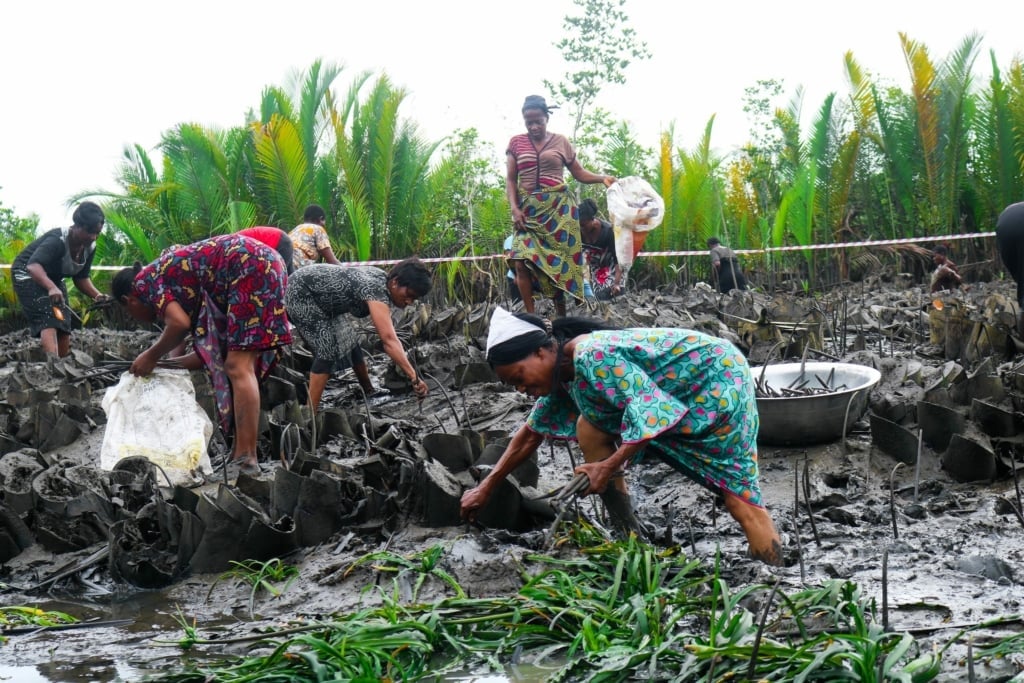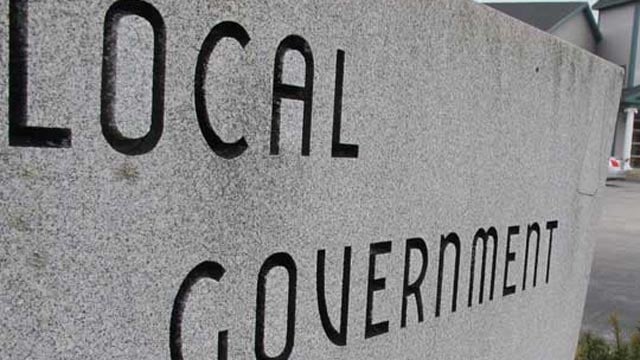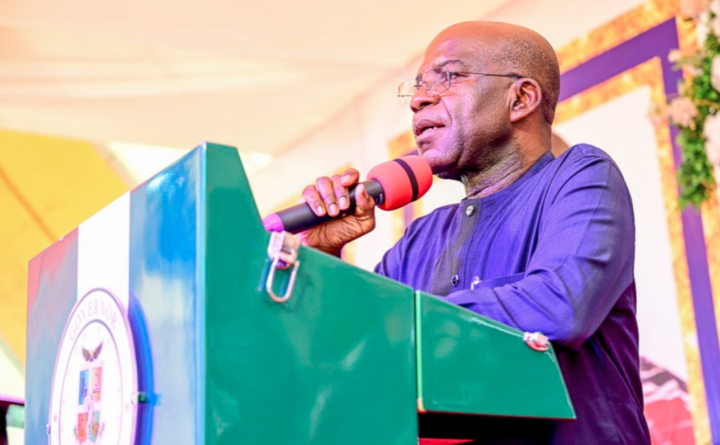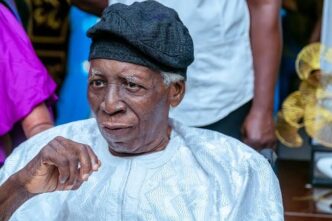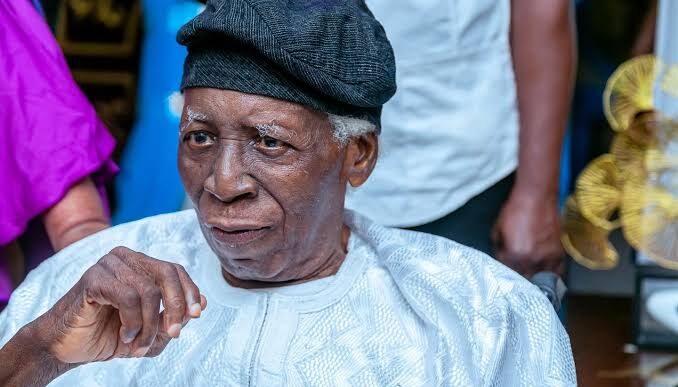The Ogoni people
BY DARE AKOGUN
As the world inches closer to the landmark COP30 climate conference scheduled for Belém, Brazil in 2025, indigenous people from the Amazon, the Pacific Islands, and Australia have launched a historic united front declaring their shared determination to reshape global climate discourse and demand justice for their lands, people, and futures.
The declaration, signed on the opening day of Acampamento Terra Livre (ATL), Brazil’s largest indigenous mobilisation, held annually in Brasília presents a turning point in indigenous diplomacy and climate leadership.
It signals a powerful alliance between peoples who have long borne the brunt of climate impacts but remain largely sidelined from global decision-making spaces. At the heart of the declaration is a bold message: “The answer is us.”
Advertisement
From Nigeria, where the Niger Delta’s own struggle with environmental degradation often mirrors those of the Amazon and Pacific islands, this declaration resonates with deep urgency.
The commonality of lived experience from oil-polluted creeks in the Delta to flooded atolls in Fiji highlights a painful truth: those who contribute the least to global emissions are paying the highest price.
A historic convergence of indigenous voices
Advertisement
The opening ceremony at ATL 2025, held under the tent of the Coordination of Indigenous Organizations of the Brazilian Amazon (COIAB), set the tone for what could become one of the most pivotal indigenous-led moments in climate history.
Toya Manchineri, COIAB coordinator and member of the G9, a coalition of Indigenous organisations from the nine Amazonian countries, did not mince words.
“The greatest climate authorities are us, the guardians of the earth. Today is a historic day, in which the people of the largest forest in the world unite with the people of the largest ocean in the world to face the largest planetary challenge of our time: climate change,” he said.
That unity now extends beyond symbolic solidarity. It’s a strategic, organized movement ahead of COP30 a conference that indigenous leaders insist must not become another stage for “empty speeches” and performative politics.
Advertisement
The declaration demands radical reforms: equal voice and decision-making power for indigenous leaders at COP30, urgent reductions in fossil fuel emissions, direct funding to indigenous communities, and the integral protection of biodiversity-rich areas like the Amazon rainforest and the Pacific Ocean.
Crucially, it challenges the world to reframe COP30 not just as another conference, but as the symbol of a decisive turn in how climate solutions are imagined and implemented.
From Abuja to Ilorin down to Lagos, Nigerian environmentalists and indigenous rights advocates see parallels with their own climate justice battles.
Nigeria’s indigenous communities such as the Ogoni people, long oppressed by oil exploration have similarly called for inclusion, reparations, and recognition of their traditional knowledge systems in national and global climate strategies.
Advertisement
The voices from the Pacific struck a particularly emotional chord. George Nacewa, of the Pacific Climate Warriors and 350.org Fiji, reminded the world that the Pacific Ocean like the Amazon is vital to the planet’s survival.
“Our islands are on the verge of disappearing. We know that true climate leadership exists within these walls. If world leaders don’t have the political will, bring us to the table and we will help you get there,” he said.
Advertisement
His words echo the plight of Nigerian communities in flood-prone coastal regions, where climate adaptation remains minimal despite mounting threats.
Patricia Suarez of OPIAC, representing 64 Indigenous Peoples of the Colombian Amazon, laid bare the deadly intersection of environmental destruction and violence.
Advertisement
“In Colombia, our territories are being invaded by illegal mining, illicit crops, armed violence and criminal economies.
“Global decisions on climate and biodiversity, taken without us, are accelerating our disappearance,” she said.
Advertisement
The Nigerian experience with illegal mining, particularly in states like Zamfara, Niger Kogi and Kwara State, and the attendant rise in armed banditry, speaks directly to Suarez’s warnings and to why indigenous voices must no longer be silenced.
Lessons for Nigeria and the Global South
For Nigeria, whose government has committed to net-zero emissions by 2060, this alliance is a reminder that climate action must be people-centred and rooted in justice. Policymakers attending COP30 in Brazil will face renewed pressure to move beyond elite-driven negotiations and centre indigenous knowledge, solutions, and leadership.
The call for direct climate finance to indigenous communities aligns with calls from groups like the African Climate Foundation and some Nigerian CSOs like DA News Media Advocacy for Climate Literacy and Justice demanding transparency, accessibility, and equity in climate financing.
Furthermore, the emphasis on biodiversity preservation mirrors Nigeria’s own challenges in managing deforestation in regions like Cross River and tackling mangrove loss in the Niger Delta.
The declaration closes with a moral appeal: “The Amazon forest and the Pacific Ocean are essential for preserving global biodiversity and act as natural barriers against climate change. COP30 cannot be marked by a lack of solutions. This is the time to act with courage and justice.”
As Nigeria and other African nations prepare their delegations for COP30, the message from Brasília is clear: the era of exclusion is over. Indigenous peoples are not merely stakeholders they are protagonists, scientists, and survivors of a planet in crisis.
Dare Akogun is an Ilorin-based environmental and energy transition journalist. He can be reached via [email protected]
Views expressed by contributors are strictly personal and not of TheCable.
